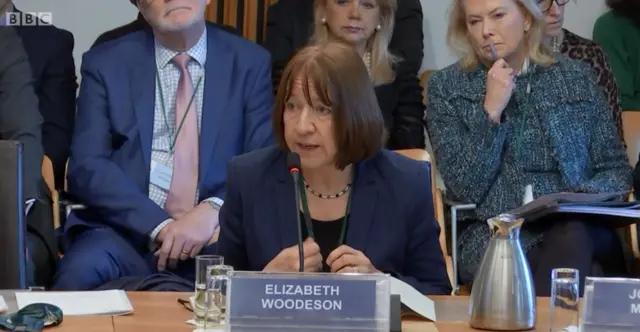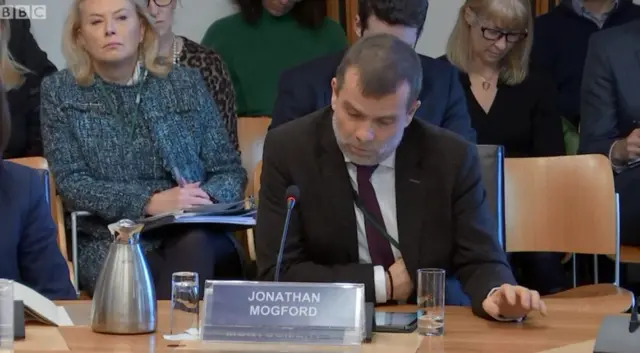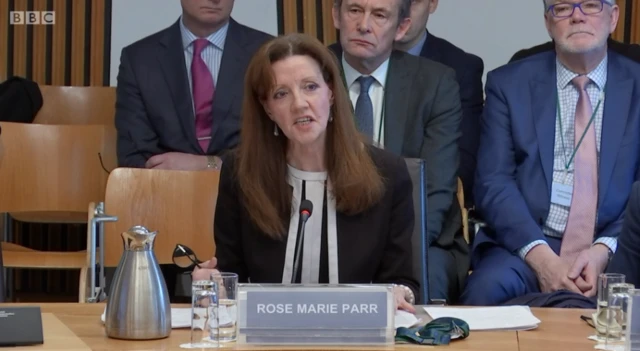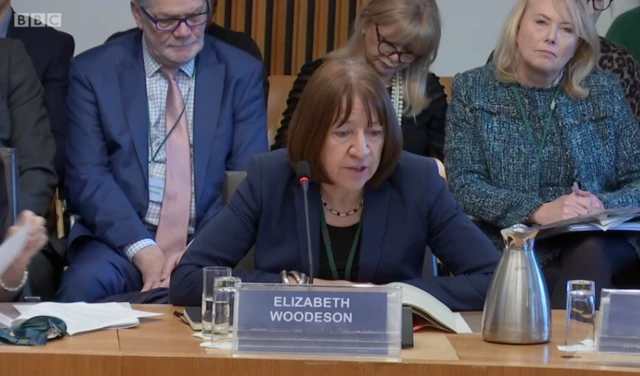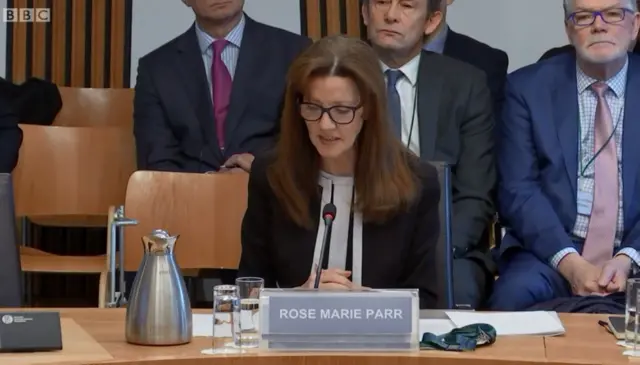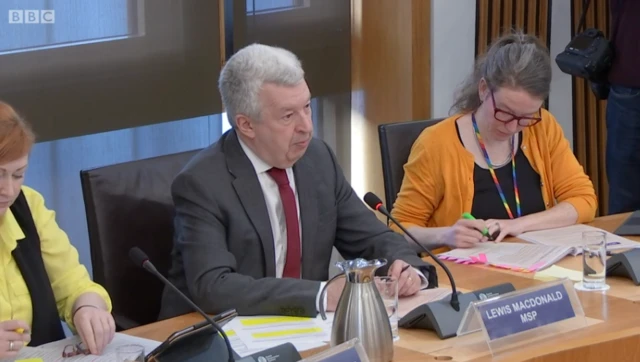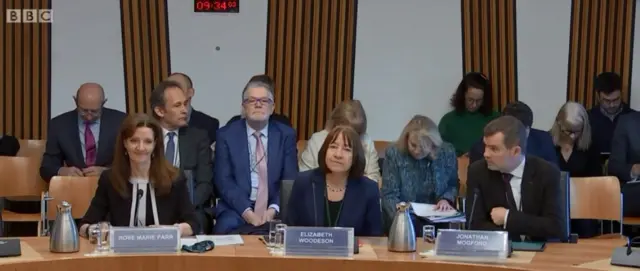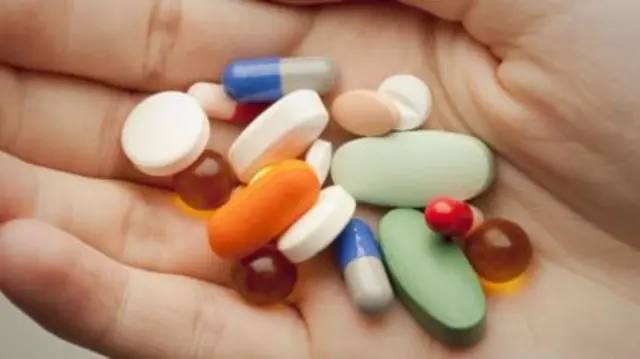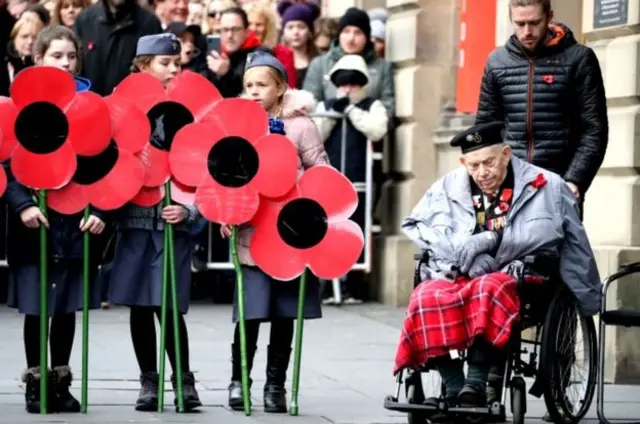'No rush to use the price setting powers'published at 10:24 GMT 21 January 2020
Elizabeth Woodeson explains there has been no rush to use the price setting powers as the UK government is considering other ways of encouraging competition.
For example a higher price could be offered to new entrants, she says.
The UK government official says we should not be looking solely at imposing a price, because getting it wrong could result in the drug could be removed from the market which would be a disaster for the patient.
We need to tread really carefully here to get the right balance she adds.
